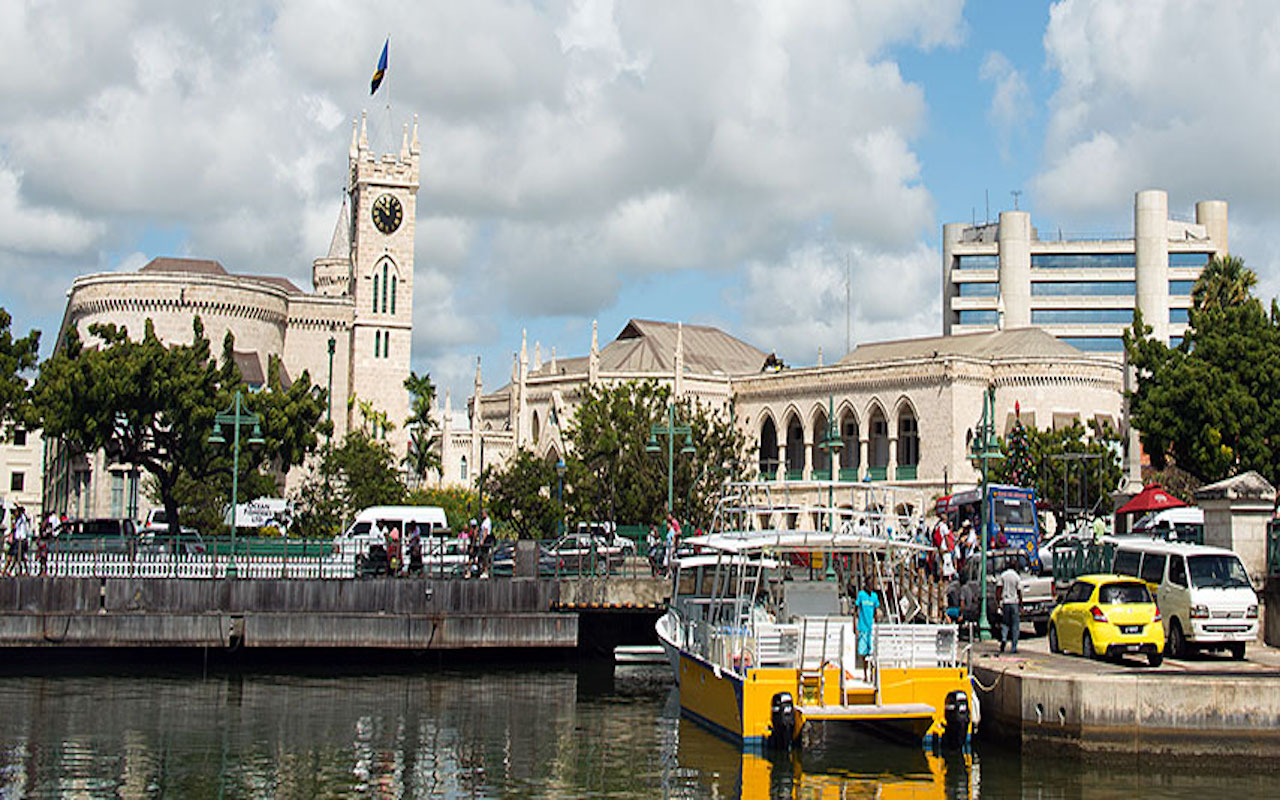Disclaimer: The views and opinions expressed by the author(s) do not represent the official position of Barbados TODAY.
by Adrian Sobers
“Reading without reflecting is like eating without digesting.” – Edmund Burke In the opening essay of The Critical Temper, Roger Kimball reminds us that “Criticism [not to be confused with being critical] is a serious business because life is a serious business.” But serious does not mean somber and, God forbid, certainly not “academic”.
Seriousness is compatible with humor,” he writes, “but not with frivolity.” The essays in the section: The Fate of Freedom, provide serious food for thought for Barbadians in their burgeoning republic. Jacob Howland’s, Prophecies of democratic leveling, reminded me of a Thomas Sowell quote, “I am so old that I can remember when other people’s achievements were considered to be an inspiration, rather than a grievance.”
Howland demonstrates the accuracy of two nineteenth century prophets of democratic leveling: Søren Kierkegaard and Alexis de Tocqueville.
“Thirty years after the Soviet Union’s collapse,” he writes, “the specter of ideological leveling in the name of humanity continues to haunt the democracies of the West by means Søren Kierkegaard also anticipated in Two Ages.”
Kierkegaard predicted the “destruction of individual character and passion through an inherently reflective social process of ‘leveling.’”
The high priests of the “religion of humanity”, rather than emulate individual excellence, prefer to “stifle” and “degrade” it. Although speaking in an economic context, Edmund Burke’s observation applies, “Such is the event of all compulsory equalizations. They pull down what is above.
They never raise what is below.” The “religion of humanity” offers itself as a “scientific, morally progressive substitute” to the worship of the transcendent God of the Bible. It is anything but.
What it is, however, is an intellectually and morally bankrupt anthropology that desperately needs correction.
“The biblical anthropology,” says Howland, “and later that of Christendom, ties the value of being to its unique singularity. Any unity that sought to dissolve these singularities would ipso facto abolish its own value. This is why God prefers a harmony to a unity.”
In The wisdom of “The Federalist”, Harvey Mansfield argues that the real defect in republics is “a majority that wants to do wrong, because the majority’s actions and demands appear to accord with the republican principle of majority rule.” He says the problem goes unrecognised by our political science because “it is not value-free or beyond dispute.”
He also speaks to the two meanings of “constitution”: limited government and a way of life.
In the first meaning there is always a hierarchy from top to bottom: the people, then the constitution. As John Locke pointed out, the word “constitution” is a verbal noun, that is, the result of the people (not just elite/woke ideologues), constituting values.
The activity of constituting by the people might be guided by an end but “the end is not sovereign at the top of hierarchy.” The second meaning is constitution in the sense of a person’s strong or weak biological constitution. “In this sense,” writes Mansfield, “every country has a constitution, though it may be strong or weak, just or unjust.”
A country’s constitution in the second sense obviously determines the content of the first. But, as Myron Magnet, The Founders’ priceless legacy, argues, constitutions, if we are not vigilant, can be reduced to “parchment barriers”.
Barriers that are easily breached “if demagogues subvert the “spirit and letter” of the document.”
He says the American founders recognized that government is a double-edged sword: “Even a democratic republic has to be run by imperfect men, and thus even it can turn into what
Richard Henry Lee called an elective despotism.” The people (that would be us), need to be vigilant against such. We should not be lulled into a false sense of security by “democracy” in the abstract.
“If an elected majority tramples rights to life, liberty, or property given individuals by nature or God, it is still despotism.” Democratic despotism can present itself in many ways, even in the form of taxation with representation (the horror). It can also manifest itself in a way that is painfully evident today, “a rage for paper money, for an abolition of debts, for an equal division of property.” George Washington knew then what some cannot seem to grasp now.
(Appalling!) “During the war, as Congress printed paper currency backed by nothing, inflation had soared.” He continues, “A dollar of gold or silver brought eight paper dollars at the start of 1779, forty-two at year’s end.” But, says Washington, “a wagon load of money will scarcely purchase a wagon load of provision.” He understood “that such inflation [in part] meant a huge transfer of wealth from creditors to debtors.”
And, pray tell, who are the world’s biggest debtors that stand to benefit from such a transfer? William R. White (in another collection) alluded to the answer in his excellent essay, Should Monetary Policy “Lean or Clean”? “[…] given the usefulness of higher rates of inflation in eroding debt burdens that are difficult to reduce in any other way.
This problem would be aggravated by any perception [nay, the fact] that central banks in various countries were increasingly acting like agents of their respective Ministries of Finance.” He’s right. You can safely bet your last deflated dollar that they are not acting independently.
Magnet ends by reminding us that “a democratic republic requires a special kind of culture, one that nurtures self-reliance and a love of liberty.” Do you love liberty? If “yes”, do yourself a favour and read and reflect on it in full what I can only allude to here in part.
Adrian Sobers is a prolific letter writer and commentator on social issues. This column was offered as a Letter to the Editor.




